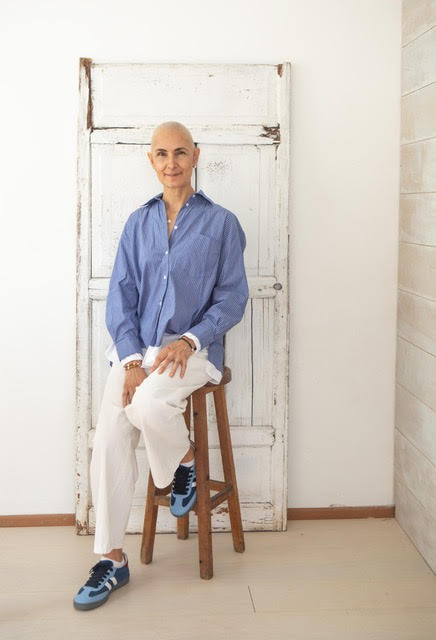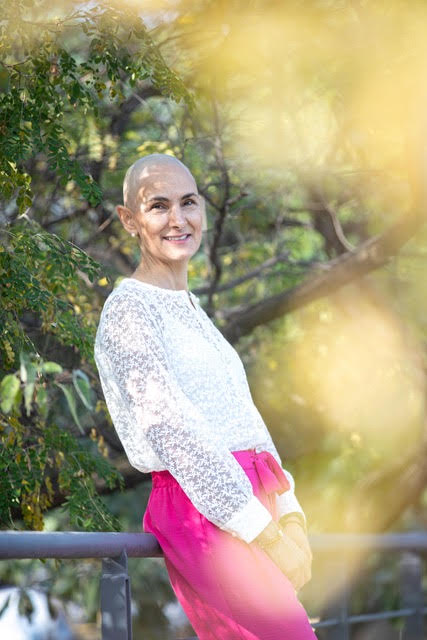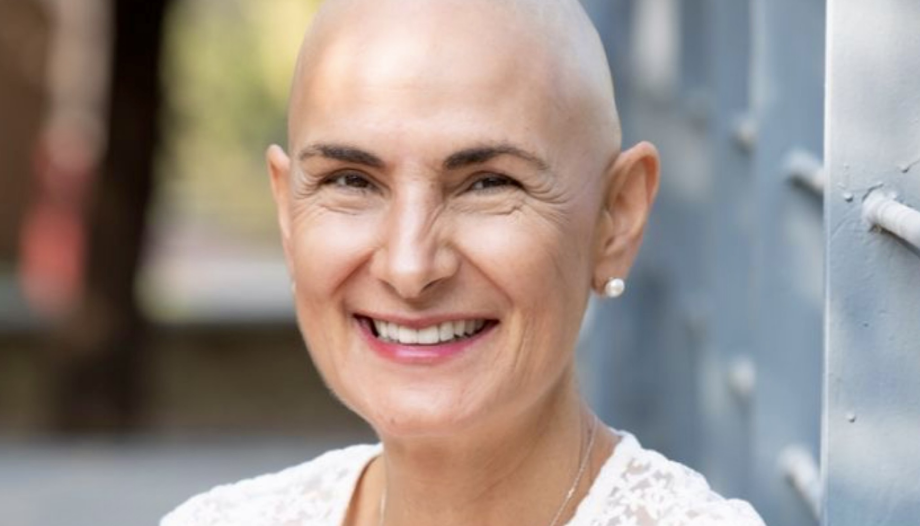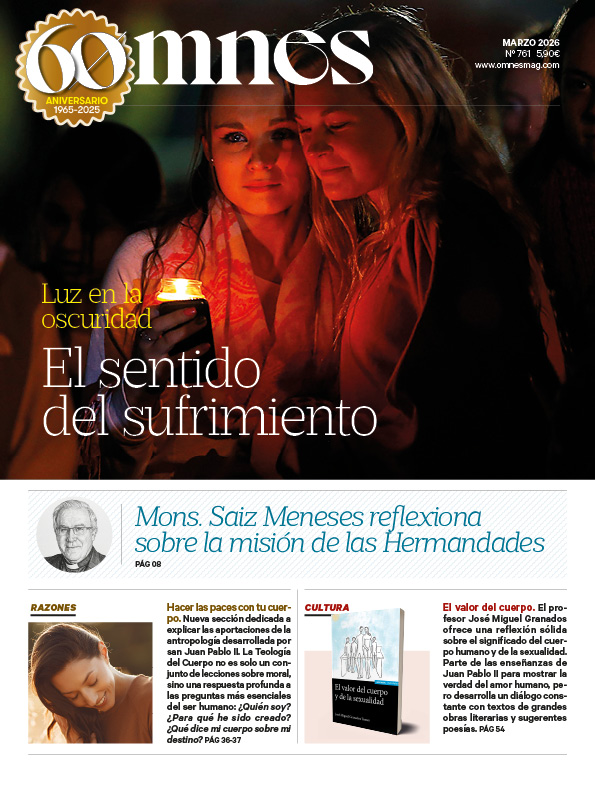"My life changed a year ago when I discovered I had a malignant carcinoma in my left breast. I had already been talking about the Theology of the Body and inner healing for a few years. But again I confirmed that God wanted my preaching to come from my own experience," Professor Rebeca Barba told Omnes before the start of the UFV Congress.
"You can know a lot about pain and read about it, but living it is something else. I thank God for the gift of my faith and the certainty that He wants us safe and sound," he adds from Mexico.
God's love has manifested itself in a thousand ways, she explains. She feels "very blessed. And "at the end of the worst part of my treatment (chemotherapy and radiation), I realize I still have the gift of life to try to continue learning to love in order to heal".
Mental health and sexuality
The VI edition of the Congress of Catholic Educators takes place until October 5 and is organized by the Instituto Desarrollo y Persona. It is aimed especially at trainers, educators, parents, teachers, psychologists and pastoral agents. The opening ceremony, also online, was attended by the rector of the UFV, Daniel Sada, and by Monsignor Ginés García Beltrán, bishop of Getafe, with the title "Mental health and the human heart".
Rebeca Barba was educated at the Universidad Anáhuac (Mexico), at the Ateneo Regina Apostolorum in Rome, in the Master's program in Marriage and Family at the University of Navarra, and in the United States. She is a consecrated member of Regnum Christi and a passionate promoter, she says, of the Theology of the Body of St. John Paul II. Here is the brief conversation.

Cases of mental health conditions are on the rise in recent years. What is causing this incidence? How do you assess it?
- I have not studied the subject in depth but I can give you my personal opinion. I believe that we live in a society where marriage and the family have been harshly attacked. This leads to insecure or difficult terrain from the very beginning in order to grow up with a healthy psychology. The security that unconditional love from home gives, is key to be able to enjoy mental health.
On the other hand, we cannot hide the fact that the lack of God and the weakening of faith make people face many vicissitudes and carry heavy burdens, abandoned to their own strength. The human being has a limit and we must recognize it, ask for the right help, strengthen loving relationships, in order to live with greater hope.
What would you recommend in terms of mental health prevention? Especially to young people.
- Almost all my life I have worked with young people, and together with St. John Paul II, I believe that they are the hope of the future. There are many of them confused by the ideologies in vogue or the lack of affective roots, but many more -disappointed by what the world offers them-, renew their search to quench their thirst for love and fulfillment.
A young person, in order to maintain his mental health, must be a young person with ideals and dreams, with opportunities to love and be loved, with opportunities to do good and make a difference. And above all, he needs a living experience of God's love, a God who is close, merciful, who for the same reason, will not let him sink into mediocrity or disorder. A life in the order of true love, a friend who knows how to listen and support, a gaze that often looks up to heaven, a music that touches the deepest fibers of the heart..., that's what he needs.
And once a process has been unleashed, what is your advice?
- The psycho-spiritual therapy that is beginning to open its field in our days, if it cannot be all in one combo, I believe that we should at least make sure that you have the help of a health professional. In addition to a spiritual companion, and find people who really love him to accompany him with patience in his process.

On the other hand, you are a regular lecturer on Theology of the Body, love and sexuality. Tell me a couple of concepts that can help people the most.
- We Catholics need to learn about Affectivity and Sexuality from a positive and affirming point of view, as explained by John Paul II. What we have lacked is instruction in the beauty of creation, in the perfection of what God has created, in understanding why in the best way to live true love.
Finally, I believe that as we recover an understanding of the dignity of the human person and the meaning of his or her high vocation to love, we will achieve greater happiness and harmony with God, with others and with ourselves.
Loving more, heals' is the title of one of your courses. Can I explain? What do you mean when you talk about a path of healing, or learning to love to heal yourself?
- There are many Catholics who are not familiar with the subject of healing or may be suspicious or skeptical. The important thing here is to understand what this means: it is an unceasing process of love and transformation in God, which implies consciously embracing what has been experienced so that pain does not have the last word.
My course is called 'Loving more, heals', because I firmly believe that all our wounds come from not having been loved and not knowing how to love correctly. One begins to heal when one has the experience of being loved there at one's worst, and that capacity is in Christ, the one who has loved us first and continues to love us to enable us again to love through his healing or salvation.







